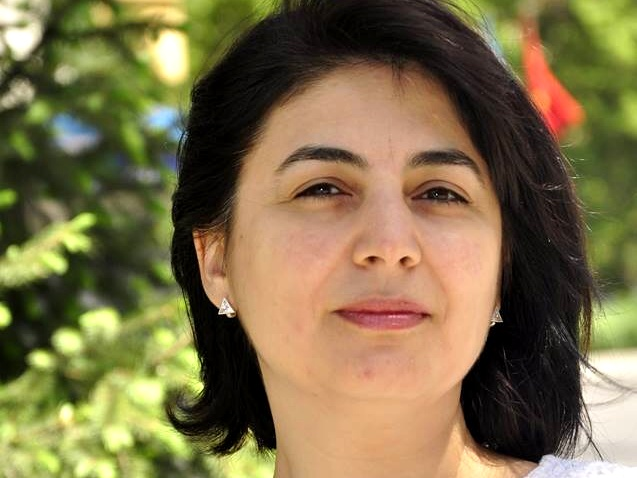


ArmInfo. The Eurasian Economic Union countries should use Georgia's transit capacities, says Aza Mihranyan, Economic Department, the CIS Institute. Speaking at the March 10 online conference Moscow-Yerevan-Tbilisi entitled "Russia-Armenia-Georgia: Prospects of Economic Cooperation," the senior research fellow at the Economy Institute, Russia's Academy of Sciences, addressed the transport blockade of Armenia and its only way via Georgia.
"Here, Georgia comes out not just an exporter, though it is an important function, but a transit country that may centralize the integration capacities of the Caucasus, cooperate with the EEU countries and Russia. The transport and transit capacities of Georgia must be used at full, and Armenia is more flexible and adaptive in this sense," the economist said.
Russia, she went on, has some difficulties, as it needs to observe the interests of Abkhazia and South Ossetia that not always go on a consensus. "However, the economic decline, the complicate situation, and the need in a wider mutual trade dictate new requirements - more work in the given direction," Mihranyan said.
Armenia has no common borders with the other EEU countries. The 221km Abkhaz section of the railway extending from Psou roadside stop (Abkhazia-Russia border) to Ingur roadside stop (Abkhazia-Georgia border) has been closed for Armenia and Georgia since Aug 14 1992 after the railway bridge over the River Ingur (dividing Georgia from Abkhazia) was detonated. The launch of the Abkhaz railway section is of strategic importance to Armenia, because it is the shortest and cheapest way to Russia.